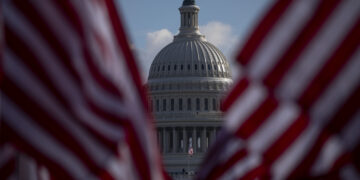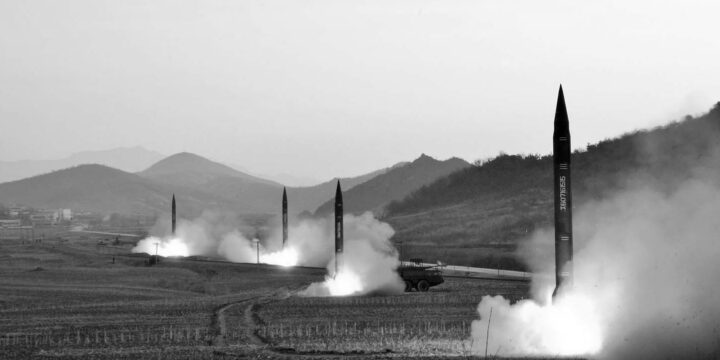June 14, 2024
A tenuous state of affairs on The Korean Peninsula: putting the tension back in the bottle
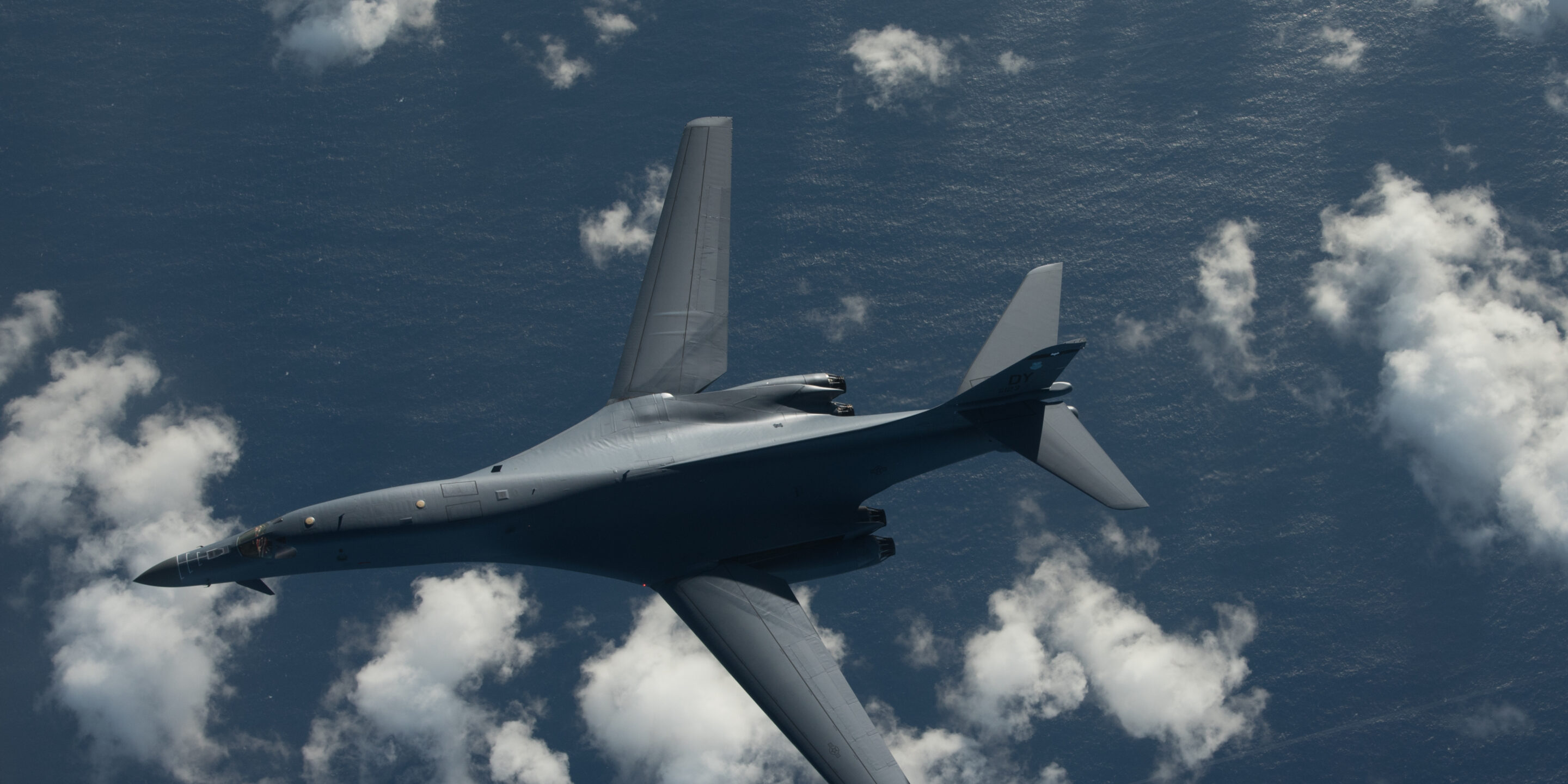
With the international community largely transfixed on the wars in Ukraine and Gaza, it is tempting to write off everything else as either irrelevant or insignificant. But tensions are flaring up yet again on the Korean Peninsula, one of the world’s longest-running flashpoints. Since May 28, the Democratic People’s Republic of Korea (DPRK or North Korea) has launched approximately 1,600 trash-carrying balloons toward the Republic of Korea (ROK or South Korea) in response to anti-Pyongyang leaflets being sent to the North. In response, South Korea resumed loudspeaker broadcasts across the Demilitarized Zone (DMZ), a move that will surely get under Kim Jong Un’s skin and cause North Korea to double down on its own propaganda operations. North Korea is reportedly reinstalling its own loudspeakers along the border, and on June 11, several dozen North Korean soldiers mistakenly crossed the Military Demarcation Line (MDL), only to turn back after the South Korean army fired warning shots.
The upturn in animosity has the potential to escalate further if prudent, commonsense measures are not taken. For some, this statement may elicit a fair share of eye-rolling. After all, rhetorical barbs, military drills and even trash-laden balloons traveling across the DMZ are nothing new on the Korean Peninsula. It is more unusual for a week to pass without a North Korean official or propaganda outlet insulting South Korean President Yoon Suk-yeol (also written as Yoon Suk Yeol) or blasting South Korea in general as a puppet of the so-called American imperialists. North Korean missile tests, whether they involve intercontinental ballistic missiles (ICBMs) that can reach the continental United States or shorter or intermediate-range ballistic missiles (IRBMs) like the Hwasong-16 that can target US bases in Japan and South Korea, are so regularized at this point that they barely register with the international news media.
Even so, it would be unwise for US policymakers to brush the current tensions under the rug or assume the latest tit-for-tat between the two Koreas will burn itself out. Instead, the longer it continues, the more difficult it will be for both Pyongyang and Seoul to reverse themselves by instituting deescalatory measures or exploring whether even informal accommodations are possible.
More on Asia

By Jennifer Kavanagh and Dan Caldwell
July 9, 2025
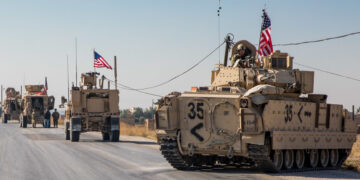
Featuring Jennifer Kavanagh and Dan Caldwell
July 9, 2025
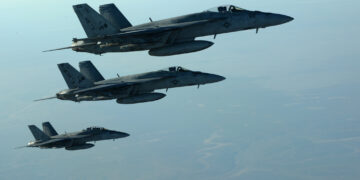
Featuring Lyle Goldstein
July 4, 2025

